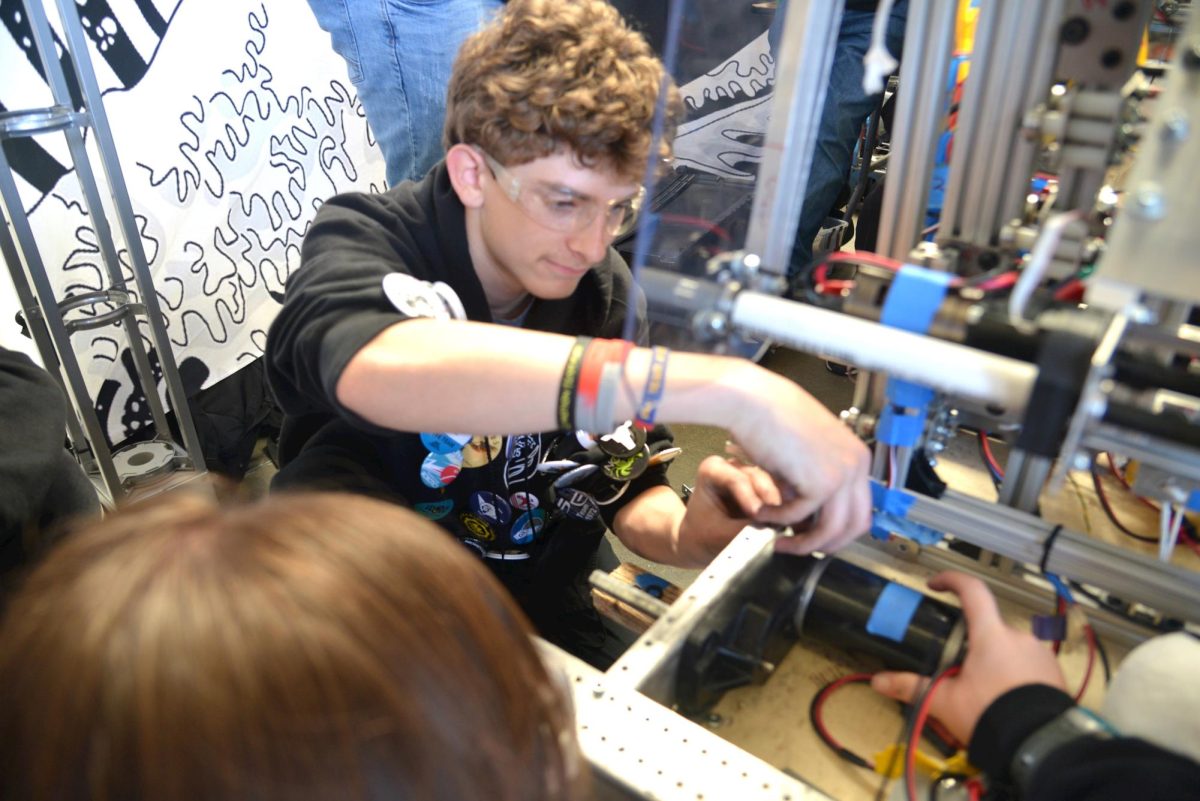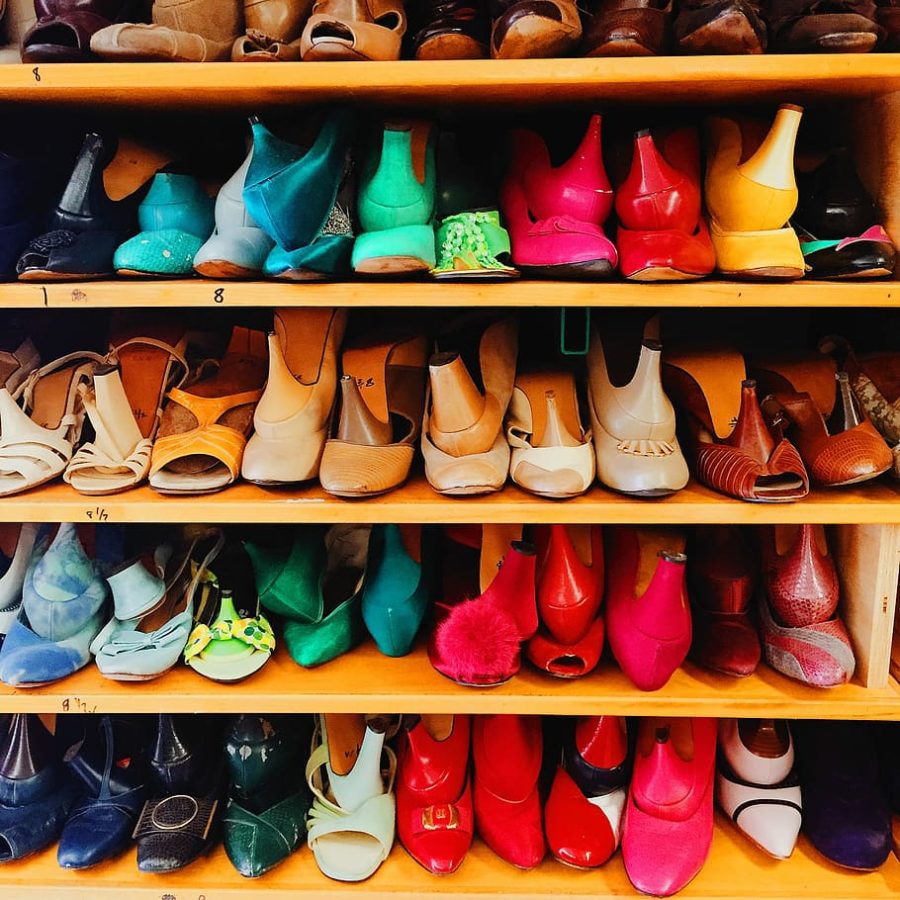Do We Really Need 15 Pairs of Shoes?
Overconsumption is the action of consuming something to an excess. While this may not seem like a big deal, it has serious negative implications on us and the Earth.
This trend continues to go on due to the growing population and social media influence on fashion, products, and fads. With the number of people on our planet growing, more and more food, clothes, and necessities need to be made. This need uses immense amounts of Earth’s taxable resources.
Environmentally, this is detrimental. We are now overproducing, leading to disgusting amounts of waste in our landfills of materials that may never break down. Not only that, we are stripping the Earth of its natural resources. This collapses vital ecosystems, promotes deforestation, toxic pollution and climate change.
The main cause of all these issues is the constant burning of fossil fuel, natural sources such as gas, which is needed in large amounts to keep big production factories working. Burning fossil fuels increases the smog and acid rain we breathe in everyday.
Not only does burning fossil fuels affect the environment, but running out of them will have the most major effects on the food chain. Global transportation will no longer exist. I don’t understand why we still think it’s a good idea to create more and more mass production facilities when this danger is continuing to grow.
The need for more comes from the short term boost of serotonin that only leads you to want to continue to buy. This all started when the first credit card was created, 1958.
Mentally, this does not benefit humans. Psychologist, Tim Kasser, observed a connection between unnecessary materialistic purchases and increased anxiety. People who owned more material items and made more purchases actually showed more dissatisfaction and discontent than those who kept their spending under control.
Overspending and over consuming doesn’t just hurt our minds, it can affect us socially. Kasser’s research showed people with this issue establish more competition in their relationships and jealousy, they even lack empathy.
This lack of positive perspectives could be a huge factor in why depression and anxiety statistics continue to grow as social media becomes a bigger influence in all ages.
While I know not everyone is Catholic, the social teaching of Human Dignity and Rights of Workers applies to people of all faith backgrounds. It forms a common ground for respecting humans. “Fast fashion” goes against basic human rights.
When we consume more than we need, more items are needed to be produced and at a faster rate. This created sweatshops, child labor, and extreme abusive work environments both physically and mentally. No person working in a sweatshop receives enough pay nor care.
According to the article “Fast Fashion: The Danger of Sweatshops” (Lisa Nguyen) from earth.org, workers of sweatshops in Bangladesh earn only 33 cents per hour as they work in unhygienic facilities located in nations with weak to no labor laws. They are required to perform 14-16 hours every day of the week. Thousands of people lose their lives working in these circumstances due to accidents on site.
Nguyen also states, “According to a survey on mills in India, 60% of the employees were under the age of 18 when they started working. These kids are particularly vulnerable to being compelled to work in sweatshops because they are caught in the cycle of poverty.”
With anywhere between 80 to 100 billion pieces of clothing are manufactured annually, the numerous wears on pieces in the landfills are going down by a third since 2007. Perfectly good clothing is being put to waste while millions of people are being thrown in sweatshops to provide for us.
This doesn’t mean we can’t buy new clothes or switch up our wardrobe every once in a while. But it does mean that we should think before every purchase. Think about where we are getting it from and if it’s a need or a want.
It may seem like this is a never ending issue, that it’s too bad to fix. But that’s not true. How can we fix this problem? I advise you to use the one in, one out method. If you buy any item that is not a need, consider donating an item you already have, maybe one that you haven’t used in a few months.
Another important way is using second hand stores. Whether that be buying clothes from thrift shops or Goodwill. My favorite way to use second hand stores is the website, thriftbooks.com. If I want to read a book that my library does not hold, I buy off thrift books. Not only does it save a lot of money, it puts perfectly good books to use again instead of it going in the landfill or purchasing from an unsustainable store.
I recently read the book “The Ruthless Elimination of Hurry” by John Mark Comer and he explains why society has this need to do more than we can handle and consume more than we need in today’s modern world.
Throughout this book I picked up numerous lessons that I try to implement into my daily life, many of which relate to over consuming:
- Research and education on where I’m buying from, the company’s ethics and how the product is created.
- Reflect on what gives me long lasting happiness, not short term. Am I buying out of impulse?
- Buy well, and buy what I NEED!
No one person is perfect, it’s not easy to buy smart, but when purchasing with these tips in the back of our minds, I believe we can make a difference in the world of over-consumption we live in today.

Nicole Moore is a first year staffer for El Cid Online. She was inspired by her success in previous English classes to pursue journalism for her senior...





















































